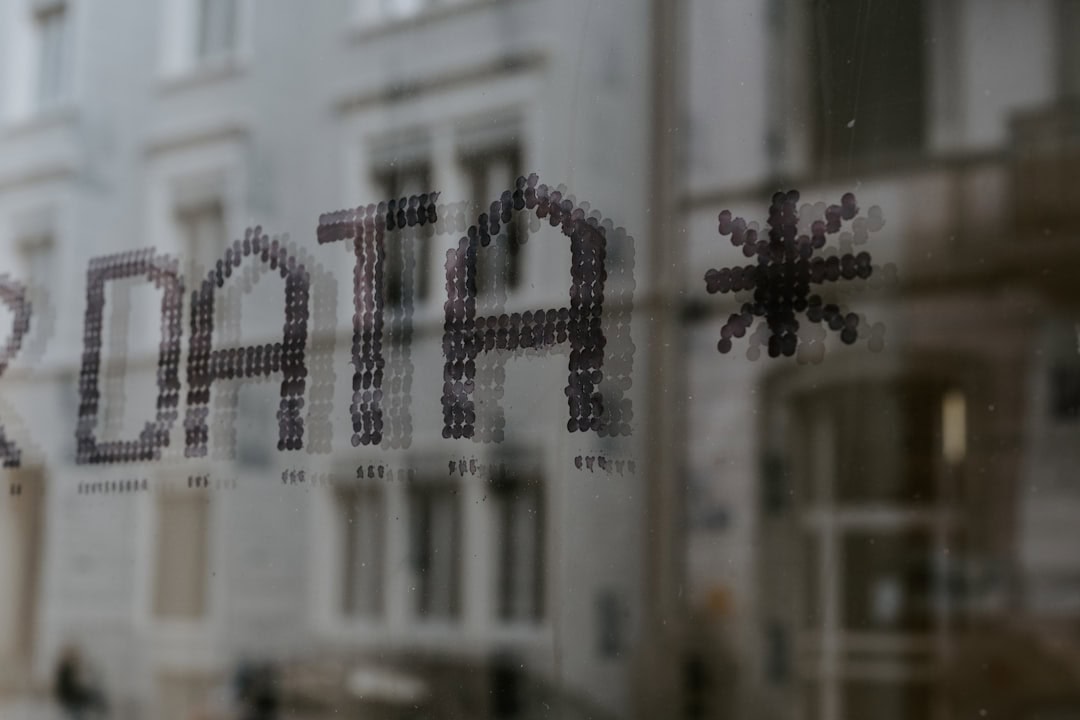In the era of big data, web scraping has emerged as a powerful tool for businesses, researchers, and developers alike. It enables the automated collection of publicly available information from websites across the digital landscape. However, as more data is scraped and processed, concerns about ethical practices and data privacy come to the forefront. Navigating these concerns isn’t just about compliance—it’s about building sustainable, respectful, and forward-thinking data strategies.
The Double-Edged Sword of Web Scraping
Web scraping offers significant advantages, such as competitive intelligence, academic research, and market trend analysis. At the same time, it raises important ethical questions, especially when it touches user-generated content, proprietary databases, or sensitive personal data. The nature of scraping—automated and large-scale—means that even benign intentions can lead to unintended consequences.
For instance, scraping user reviews from a retail website might seem harmless. But if those reviews contain usernames or locations, the scraped data can inadvertently expose personal information. The scale matters: scraping millions of records amplifies risk proportions exponentially.

Understanding Data Privacy Principles
Ethical scraping is fundamentally about aligning collection practices with data privacy principles. Key regulations like the General Data Protection Regulation (GDPR) in the EU and the California Consumer Privacy Act (CCPA) in the US highlight the importance of user consent and the responsible handling of personal data.
Some guiding principles include:
- Legitimacy: Collect data only when there is a clear, legal reason to do so.
- Transparency: Be transparent about what you’re collecting and why.
- Minimization: Collect only the data you truly need, avoiding excess.
- Security: Use safe practices to store and process the data you collect, protecting it from leaks or abuse.
Companies that scrape data irresponsibly not only face legal penalties but also risk damaging their reputation—a cost that can be far more damaging in the long run than any fine.
Best Practices for Ethical Web Scraping
To build a sustainable scraping strategy while respecting user privacy, ethical scrapers adopt several technical and ethical measures:
- Respect robots.txt: Always check a site’s
robots.txtfile to see what content the webmaster has disallowed for crawling. - Avoid scraping login-protected areas: If a user must log in to see data, this usually means the data is intended to be private, or at least restricted.
- Throttle your requests: Bombarding a site with rapid-fire queries can overload servers and be considered a form of attack. Use rate limiters and queues.
- Attribute and cite sources: Give credit where it’s due. If you’re reusing scraped data, acknowledge the origin website.
- Monitor changes in site terms: Websites commonly update their terms of service. Make sure your scraping tool adapts accordingly.
Additionally, a growing number of scrapers are implementing data anonymization techniques and regular compliance audits as internal safeguards. These practices foster trust and help preempt legal challenges.

When Is Scraping Unethical?
Just because data is publicly accessible doesn’t mean it’s ethically—or legally—scrapable. Some red flags include:
- Scraping personally identifiable information (PII) without user consent.
- Copying wholesale chunks of content from competitors’ sites.
- Accessing protected or gated content without authorization.
- Ignoring takedown requests from data owners.
Case law is still evolving, but recent rulings have set precedents where companies have been held accountable for overstepping ethical boundaries, even when the letter of the law wasn’t explicitly clear.
The Road Ahead: Building Trust Through Transparency
Web scraping doesn’t have to be a point of controversy. When implemented responsibly, it provides immense value while honoring the rights of web users and publishers. Technology continues to evolve, and with it, the need for accountability and transparency in how data is collected and used.
In the future, we may see more collaboration between content publishers and scrapers—using APIs, opt-in systems, and ethical guidelines as common ground. This would not only reduce legal and ethical ambiguities but also improve the overall quality and reliability of harvested data.
Conclusion: The ethical backbone of web scraping lies in understanding that data is not just information—it’s a reflection of people’s lives and actions online. By adopting privacy-first strategies, organizations can harness the advantages of scraping while standing on a solid foundation of integrity and responsibility.
